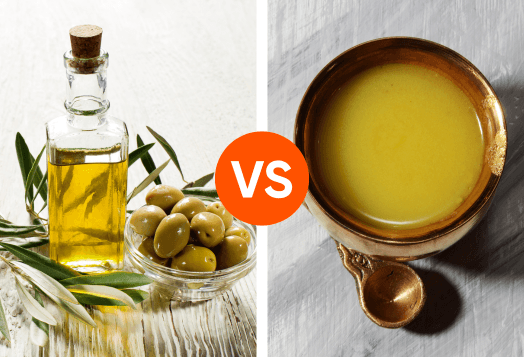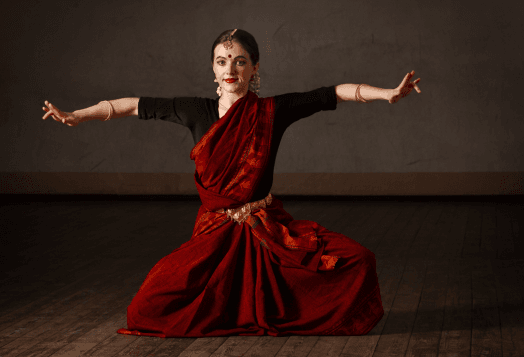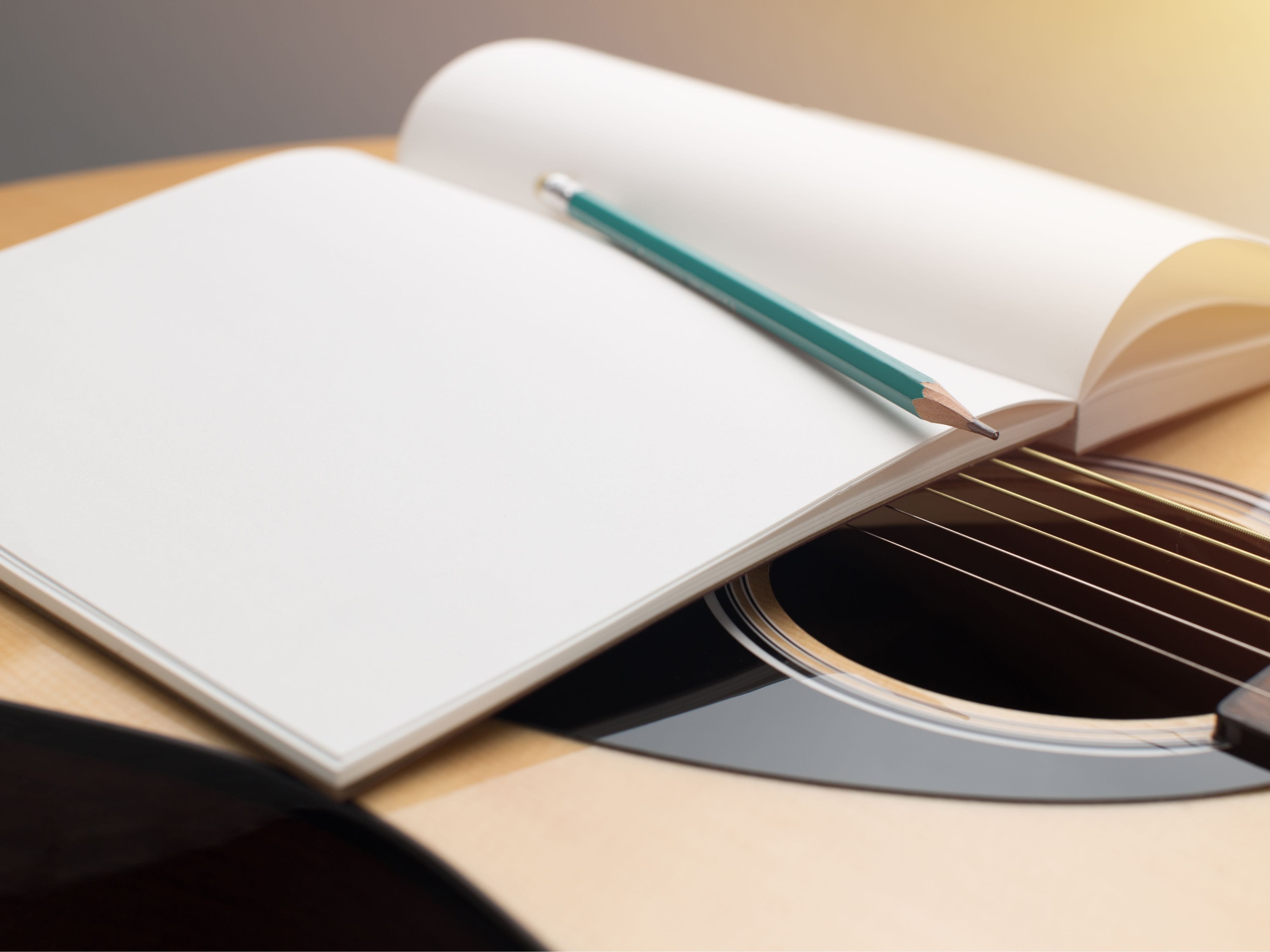
Have you ever wondered how your favourite songs go from a spark of an idea to a polished masterpiece? Between that first creative spark and the final track you hear through your headphones lies a fascinating world of artistic and technical mastery: Music production. This is the process that turns ideas into successful music.
Setting the Stage
Music production has many layers. Have you ever listened to a song that gave you goosebumps, made you want to dance, or transported you to another world? That's the power of music. Music production is the art and science of taking a musical idea – a melody humming in your head, a beat tapping in your foot – and transforming it into a finished song. It's about capturing emotion, sculpting sound, and weaving it in a way that resonates with listeners.
The Starting Notes of Music
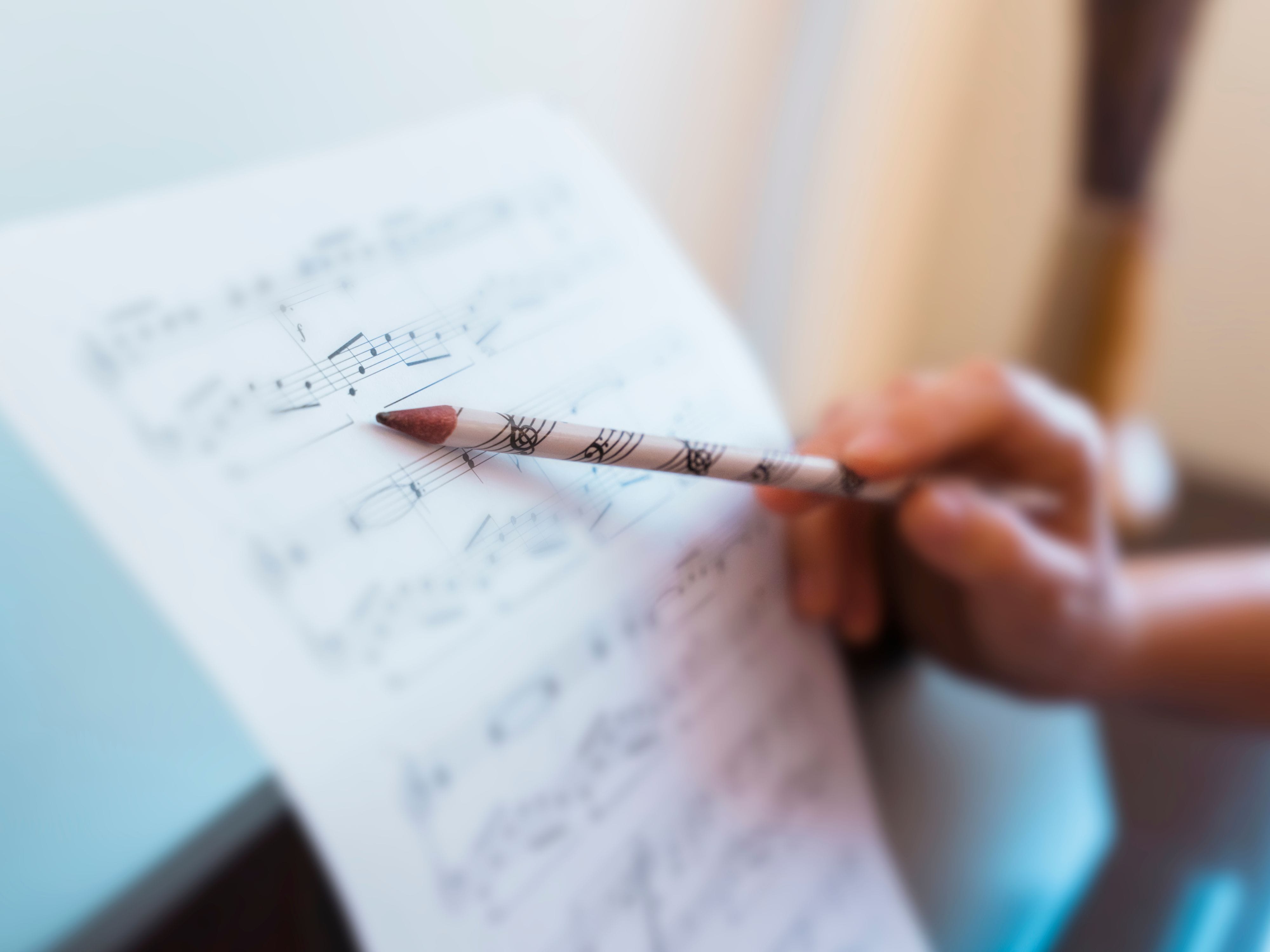
Music production is an umbrella term. Whether it’s songwriting, arranging, recording, mixing, mastering, or anything in between, it can probably be described as music production. Put simply, it’s the entire process, from start to finish, of making recorded music.
Let us first delve into the basics of music creation:
Decoding Sound:
Frequency: This determines the pitch of a sound—how high or low it is. Measured in Hertz (Hz), a higher frequency means a higher pitch.
Amplitude: This relates to the loudness or volume of a sound, measured in decibels (dB).
Timbre: This is the unique quality or ‘colour’ of a sound. It's what distinguishes a trumpet from a flute, even when they play the same note at the same volume. Factors like overtones and harmonics influence timbre.
Mastering Digital Audio:
- Sampling: Digital audio captures snapshots of a sound wave at regular intervals. The sample rate determines how many snapshots are taken per second.
- Bit Depth: This refers to the number of bits used to represent each sample. A higher bit depth allows for a greater dynamic range and more subtle nuances in the audio.
A Beginner’s Guide to Music Production
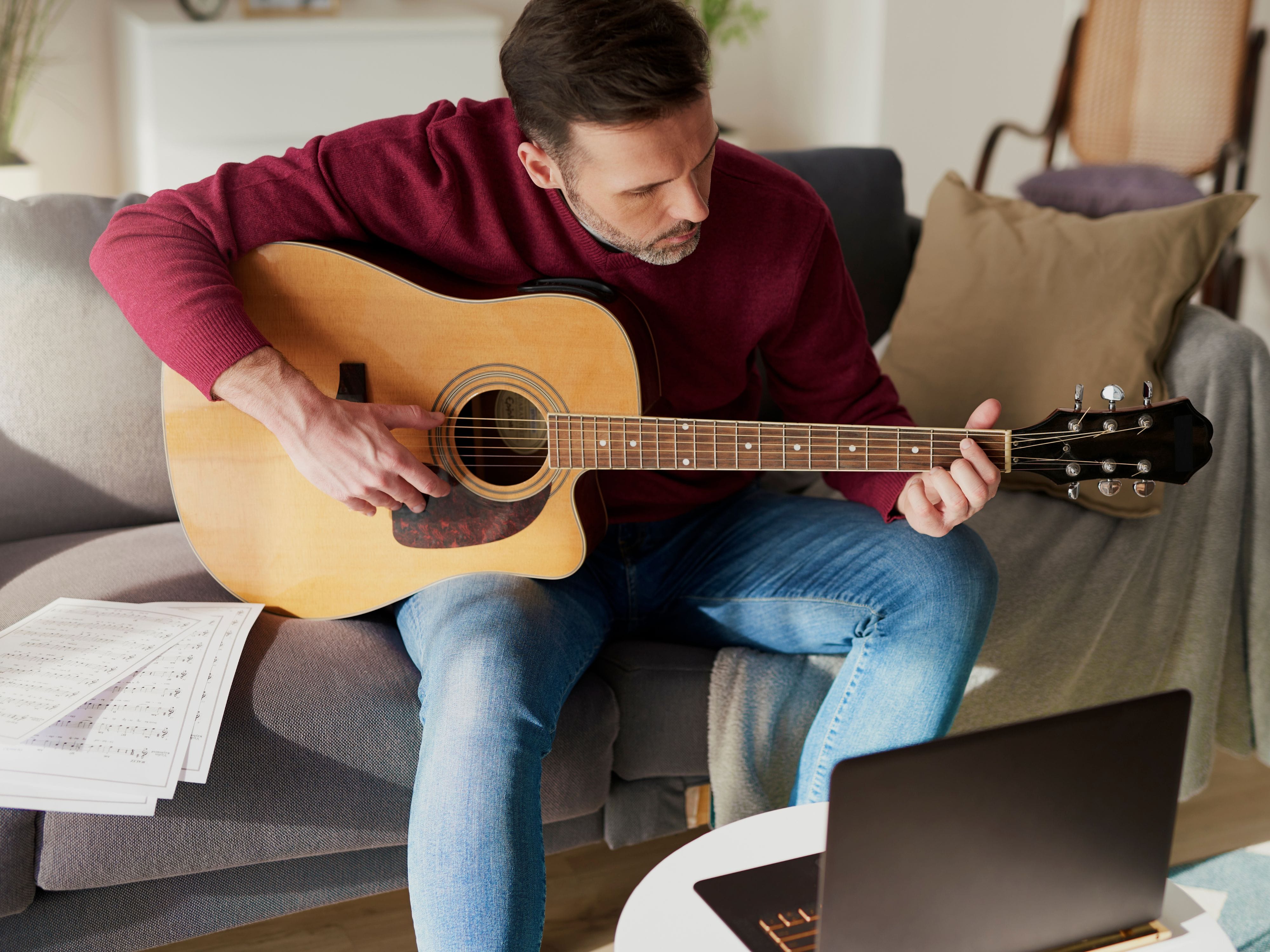
Recording music as a beginner may seem daunting at first. But with proper guidance and a sprinkle of passion, you'll be crafting your own tunes in no time.
Choose Your Command Centre
Think of a Digital Audio Workstation (DAW) as your command centre, whether producing with guitar or keyboard. For beginners, there are plenty of user-friendly options available. Ranging from Garageband to Cakewalk by BandLab, these are great starting points that can guide a beginner's workflow.
Tools of the Trade:
- Headphones: A decent pair of headphones is crucial for focused listening and recording without disturbing others.
- Audio Interface: An audio interface will ensure high-quality sound if you plan to record vocals or instruments.
Basics Made Easy:
- MIDI Magic: Learn how to use MIDI to create melodies, basslines, and drum patterns. Experiment with your DAW's built-in virtual instruments.
- Loop It Up: Many DAWs come with loops (pre-recorded musical phrases). Use these to build song ideas and explore different genres.
- Basic Effects: Start with essential effects like reverb (to add space) and EQ (to shape the tone of your sounds).
The Creative Process
Songwriting and Composition
Melody, harmony, and structure form the heart of your song. Experiment with different notes and rhythms to create catchy melodies.
Sound Design
Sound design involves creating new sounds using synthesisers, sampling, and various musical effects.
With a few things to set up and some guidance, beginner music production is easier than you think.
Turn Your Room Into a Pro Studio
One of the most exciting things about music production today is that you don't need a fancy studio to create amazing music. Your bedroom, living room, or even a closet can become your own personal studio. With just a computer, a DAW, and some headphones, you can dive into the world of music creation from the comfort of your home.
Finding Your Flow
Okay, so you've got your DAW, your headphones are on, and you're ready to make some music magic. But where do you start? Here are a few tips to keep the creativity flowing and make the most of your beginner music production journey:
Start with What You Know
- Love a particular song? Try recreating its beat or melody. It's a great way to learn and get comfortable with the software.
- Play an instrument? Record yourself playing and then build a song around it.
- Got a catchy lyric idea? Hum it into your phone and then use that as the foundation for a new track.
Embrace Experimentation
Don't be afraid to try new things. Music production is all about exploring and discovering new sounds. Play around with different instruments, loops, and effects. Start recording music today and unleash your inner creativity.
Disclaimer: This information provided is intended for general informational purposes only. It is not a substitute for professional advice or guidance. For personalised recommendations or specific concerns, please consult a certified professional.

